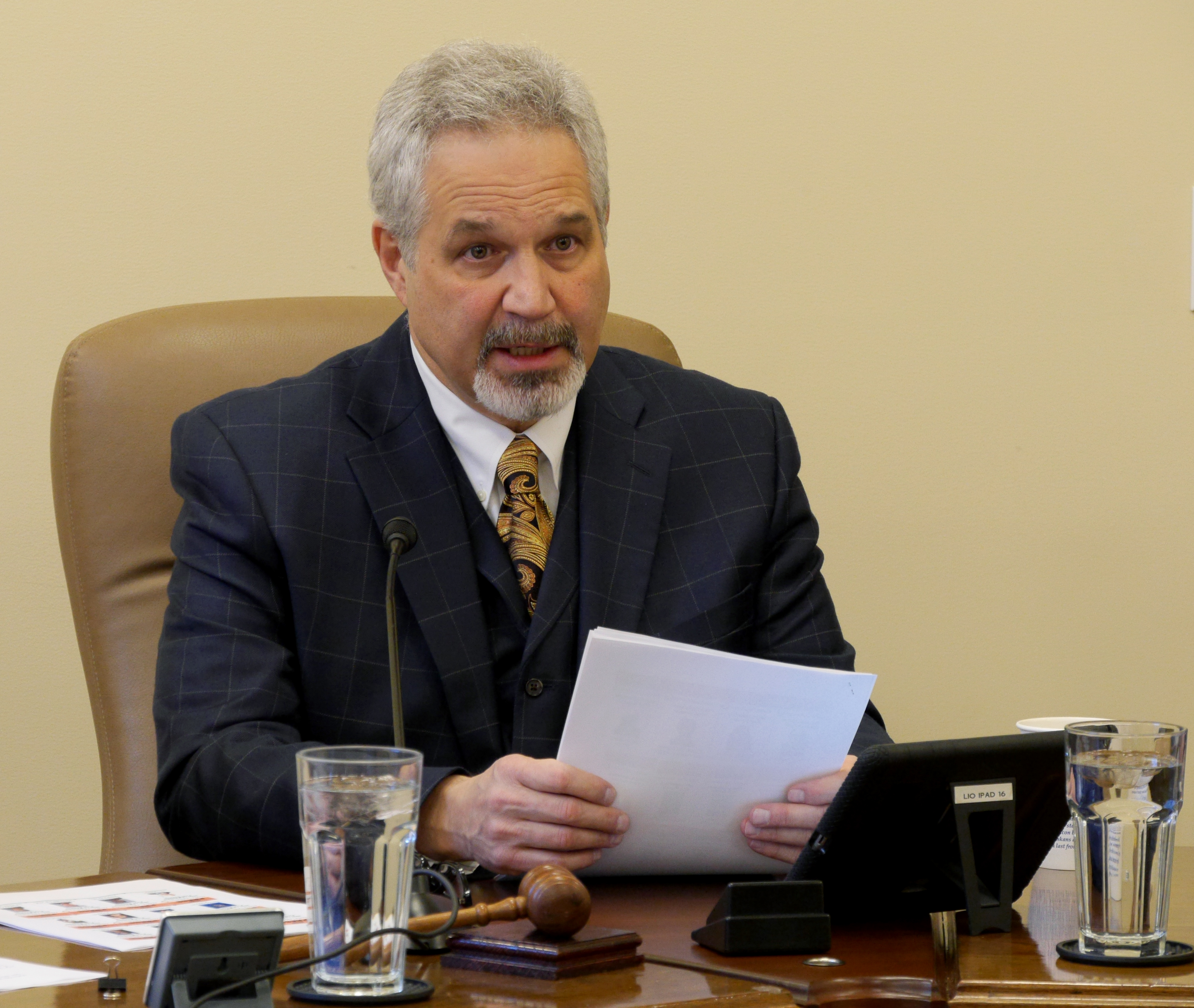
Alaska Senate President Pete Kelly has introduced a bill that would require people who receive Medicaid to work, engage in subsistence activities or volunteer. But the legislation faces obstacles in the House, and is raising concern from those who provide health care to low-income Alaskans.
Kelly, a Fairbanks Republican, introduced Senate Bill 193 on Monday. He said it would help the people who apply for Medicaid.
“We think it’s beneficial to the people who are receiving this to be able to work or volunteer and just be part of the overall community that produces in Alaska,” Kelly said. “I think it’s a valuable thing for someone to work, if they’re receiving something.”
The bill would affect most adults who aren’t senior citizens. But there are exemptions for people with disabilities, parents or caretakers of children up to age six or who have disabilities, or other relatives who require 24-hour care. Pregnant women also are exempt.
The people who are required to work could fulfill the requirement with at least 20 hours of actively searching for work or engaging in an educational program or training intended to lead to work.
If passed, the bill would require the state to seek a waiver from federal Medicaid rules to allow the work requirement. The federal government recently approved a similar waiver for Kentucky and Indiana and eight other states are seeking work requirement waivers. A lawsuit has been filed seeking to block the Kentucky work program.
Leading members of the House majority caucus aren’t in favor of the bill.
Slightly more than one in four Alaskans — or 185,000 out of 737,000 — received Medicaid last year. That’s slightly above the national average. And the Kaiser Family Foundation estimates 73 percent of Alaska’s Medicaid households have at least one full- or part-time worker.
Juneau Democratic Rep. Sam Kito III questioned if hiring state workers to check whether people are complying with work requirements would be worthwhile.
“I think we would see quite a bit (of) diminished returns if we actually have to pay general fund money to go out and find out that people are already trying to do the best that they can within their circumstances,” Kito said.
Kelly said he expects the existing state bureaucracy would be able to handle the workload from the bill.
The bill also has raised concerns among the people who operate the community health centers that provide health care to lower-income residents.
Melody West is the executive director for Sunshine Community Health Center. While she hasn’t seen the bill’s details, she’s concerned about the concept.
“My initial reaction would be that it’s creating a barrier to care,” West said. “While we’re in Talkeetna and Willow, we actually service 12,000 square miles with our health center and we have over 6,000 patients. And to just specifically, you know, say: ‘You have to work. You have to be in some kind of job program or volunteer’ — a lot of people don’t have that ability to do that.”
The bill has been referred to the Senate Health and Social Services Committee.
Andrew Kitchenman is the state government and politics reporter for Alaska Public Media and KTOO in Juneau. Reach him at akitchenman@alaskapublic.org.




